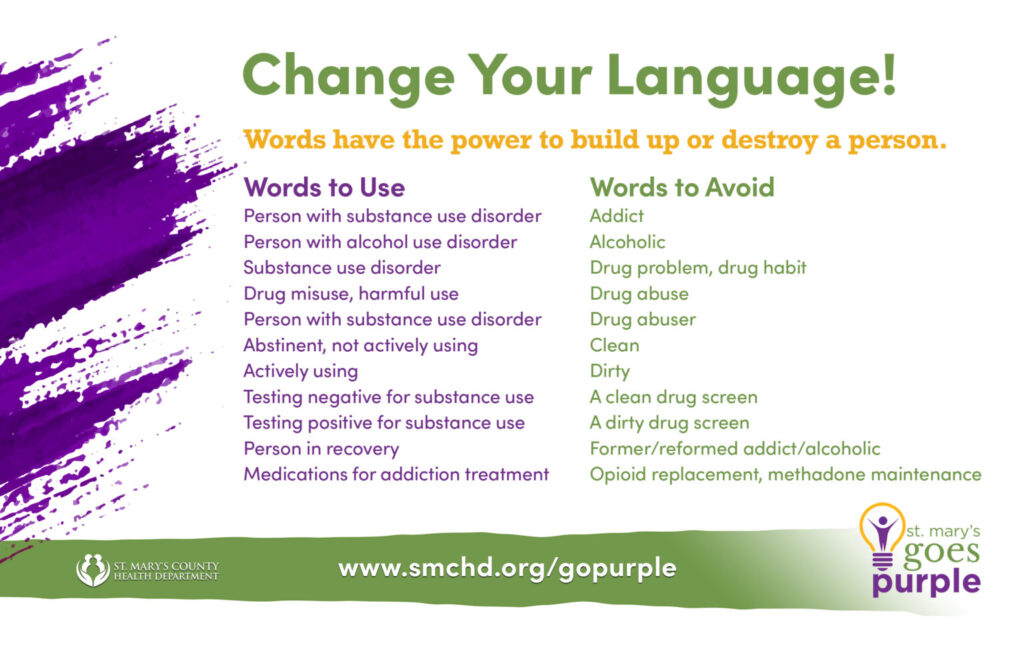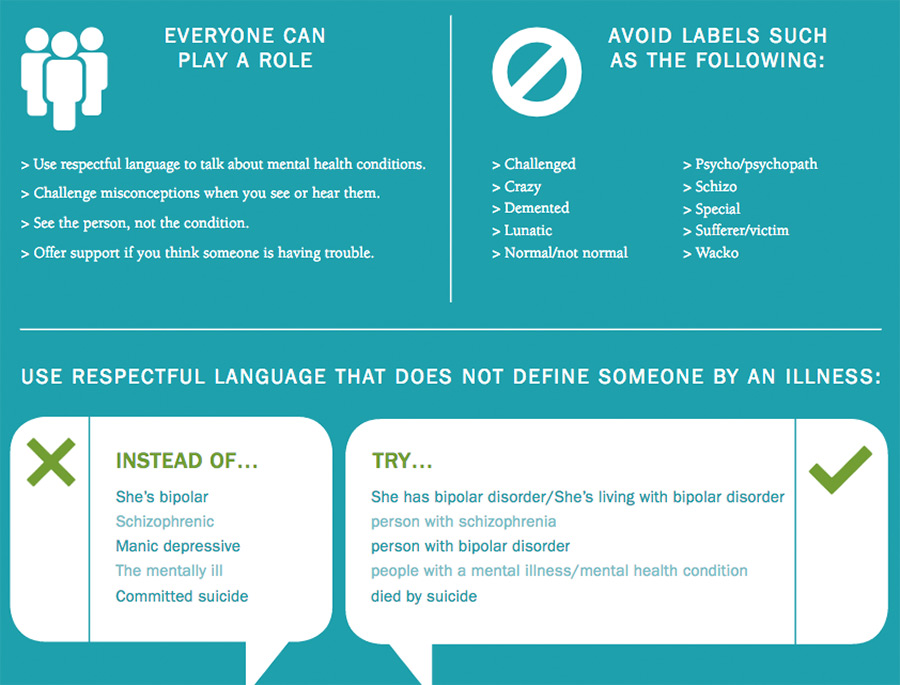Stigma is a collection of attitudes, beliefs, behaviors, and structures that generate negative attitudes about people with a condition.
Stigma often causes people with addiction to become so embarrassed or ashamed that they conceal symptoms—and avoid seeking the very treatment, services, and support they need and deserve. Family and loved ones experience stigma and hesitate to take action or ask for help. They carry guilt and shame – affecting their health and wellness. With SUD, the sooner you intervene, the better the outcome – yet stigma causes patients and families to keep the disease a secret for fear of being judged and marginalized.
What is Substance Use Disorder?
Substance use disorder (SUD) is the clinical term to describe the disease of addiction. SUD is a chronic, relapsing brain disease that is characterized by compulsive drug seeking and use despite harmful consequences.
While you might choose to drink alcohol, try drugs, or gamble, you don’t choose to become addicted.
SUDs are a lot like other diseases, such as heart disease. Both disrupt the normal, healthy functioning of an organ in the body, have serious harmful effects, and are, in many cases, preventable and treatable. If left untreated, they can last a lifetime and may lead to death.
People of all backgrounds and beliefs can experience addiction. It can be hard to understand why some people are more prone to addiction than others. Many factors can raise your risk of becoming addicted to alcohol and other drugs.
What is Stigma?
Stigma is a collection of attitudes, beliefs, behaviors, and structures that generate negative attitudes about people with a condition.
“The biggest killer out there is stigma. Stigma keeps people in the shadows. Stigma keeps people from coming forward and asking for help. Stigma keeps families from admitting that there is a problem.” – Jerome Adams, U.S. Surgeon General
Stigma often causes people with addiction to become so embarrassed or ashamed that they conceal symptoms—and avoid seeking the very treatment, services, and support they need and deserve. Family and loved ones who experience stigma hesitate to take action or to ask for help. They carry guilt and shame –affecting their health and wellness. With SUD, the sooner you intervene, the better the outcome—yet stigma causes patients and families to keep the disease a secret for fear of being judged and marginalized.
Stigma harms the 1 in 5 Americans affected by mental health conditions. It shames individuals into silence and prevents them from seeking help, damages hope for recovery, and ends lives. Too often, individuals aren’t told that they’re not alone, they can recover, and there is hope.
The Types of Stigma
- Self Stigma – accepting and internalizing negative stereotypes about oneself
- Public stigma – negative attitudes and fears that isolate groups of people
- Stigma Against Medication – a belief that medications make you weak or are substituting one addiction for another
- Structural stigma – excluding a group of individuals from opportunities and resources.
When we STOP STIGMA, we SUPPORT RECOVERY
Language Matters
Words we use shape how we see the world–and ourselves. We have a choice in the words we use to describe ourselves, others, and the world around us. The words we choose and the meanings we attach to them influence our decisions, beliefs, and well-being.



